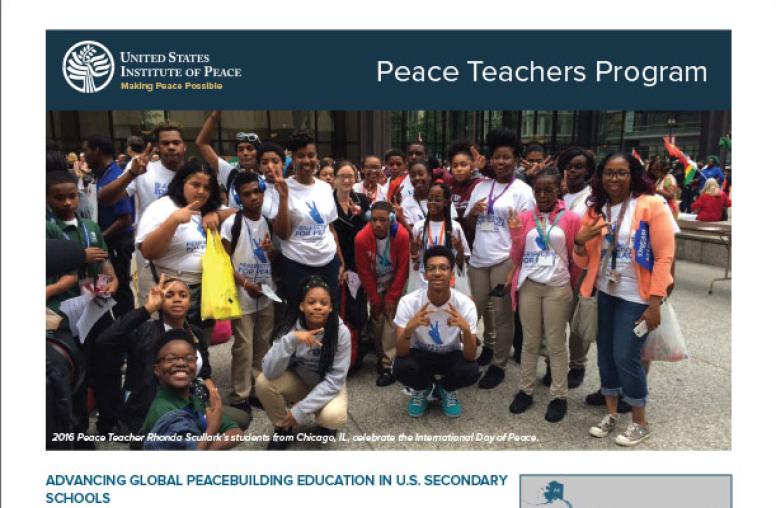Dangerous Liaisons? Iran, Israel and the United States
A panel of experts, led by USIP's Daniel Brumberg, gathered to discuss the complicated relationship between Washington, Tehran and Jerusalem.
 As the American administration struggles to advance Palestinian-Israeli negotiations, it must also contend with Iran, a country whose leaders have gone as far as to question Israel’s right to exist as a Jewish state. Tehran’s quest for an independent nuclear fuel cycle—which may very well yield a nuclear weapons capacity within five years—has intensified Israel’s fears, undercutting the readiness of Israeli leaders to make territorial concessions. Washington argues that a successful peace process will weaken Iran’s regional influence. But some Israeli leaders argue that only a tough approach can prevent the emergence of a pro-Iranian Palestinian regime, within miles of Tel Aviv. By suggesting that Iran poses an existential threat, Israel’s leaders have signaled their displeasure with any sustained U.S. bid to engage Tehran.
As the American administration struggles to advance Palestinian-Israeli negotiations, it must also contend with Iran, a country whose leaders have gone as far as to question Israel’s right to exist as a Jewish state. Tehran’s quest for an independent nuclear fuel cycle—which may very well yield a nuclear weapons capacity within five years—has intensified Israel’s fears, undercutting the readiness of Israeli leaders to make territorial concessions. Washington argues that a successful peace process will weaken Iran’s regional influence. But some Israeli leaders argue that only a tough approach can prevent the emergence of a pro-Iranian Palestinian regime, within miles of Tel Aviv. By suggesting that Iran poses an existential threat, Israel’s leaders have signaled their displeasure with any sustained U.S. bid to engage Tehran.
Can Washington address Israeli concerns while advancing a diplomatic solution to the escalating U.S.-Iranian conflict over nuclear weapons? Or will such an effort fail, paving the way for a U.S. or Israel attack on Iran? The United States Institute of Peace hosted a distinguished panel of scholars and policy experts to address these, among other, difficult questions. Each panelist shed light on the domestic, regional and global dynamics affecting the policy choices and strategies of Israel, Iran and the United States.
Related Publications:
Speakers
- Daniel Brumberg,
Acting Director, Muslim World Initiative
U.S. Institute of Peace - Meir Javedanfar,
Independent Israeli Analyst - Scott Lasensky,
Senior Research Associate, Center for Conflict Analysis and Prevention
U.S. Institute of Peace - Steven Simon,
Council on Foreign Relations - Farideh Farhi,
Independent Scholar



